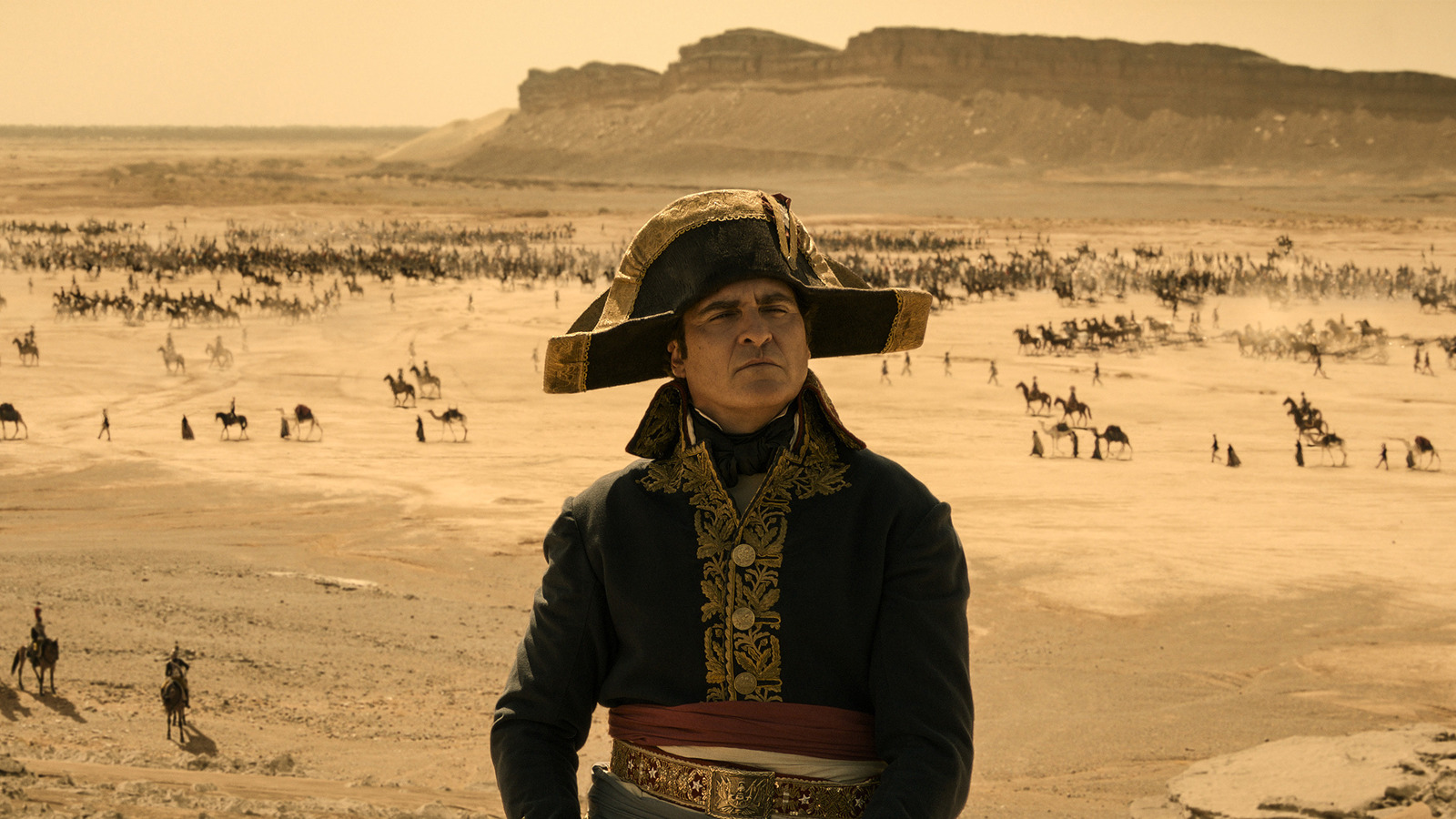
“Napoleon” begins within the midst of the French Revolution, with a then-Captain Napoleon witnessing the execution of Marie Antoinette. It is bloody and grotesque, and worry grips the nation because the guillotine turns into ever-present. Within the midst of all this, Napoleon takes command and leads troops into battle — a battle he simply wins. This catapults him from captain to common, and earlier than we all know it, he’ll be topped emperor, too. How? I simply noticed the film, and I actually could not inform you the way it all went down. As a result of the whole lot feels rushed. One factor you possibly can say about “Napoleon” — it is not sluggish. The movie strikes at close to breakneck velocity, seemingly sprinting via Napoleon’s ascendency. At one level, a personality matter-of-factly states that 15 years have passed by, and I virtually did a double-take. Actually? It positive did not really feel that approach.
Within the midst of Napoleon’s army campaigns and battles — which Scott levels masterfully — is the story of his romance with Joséphine, performed by Vanessa Kirby. Kirby fares higher than Phoenix right here, maybe as a result of her position is freer and never burdened by carrying your complete movie. Kirby portrays Joséphine as playful and commanding, and the turbulent romance between the lovers is the movie’s spotlight. At one level, Napoleon learns that Joséphine has taken a lover and straight-up abandons his troops to go house and confront her. She’s repentant, begging forgiveness. After which a curious factor occurs — after the movie cuts away from her apology, it then finds her in command, making Napoleon admit that he is nothing with out her. It is the stability of this relationship that is actually fascinating, and I solely want the movie had extra of it.


